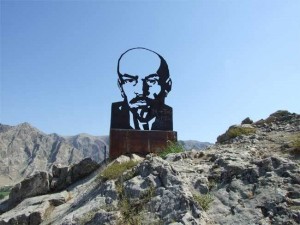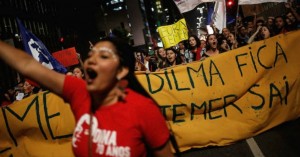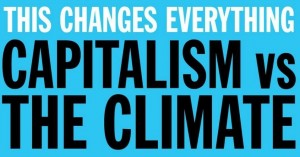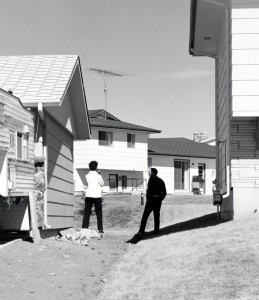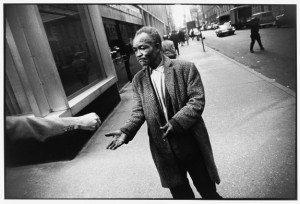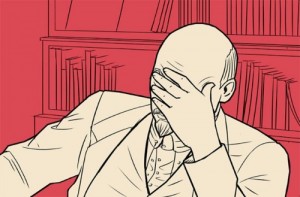
Introduction to Against Ultraleftism
Our little group of papers, however, is more directed toward what it still makes sense to call the ultraleft: from those who think that Sanders should never have run as a Democrat to those who, disdaining electoral politics, don’t care who runs as what, from those who think that socialism is insufficiently attentive to the particularities of a universe of paramecially fissioning identities to those who sign up for TIDAL under the impression that corporate mass culture is revolutionary popular culture.

